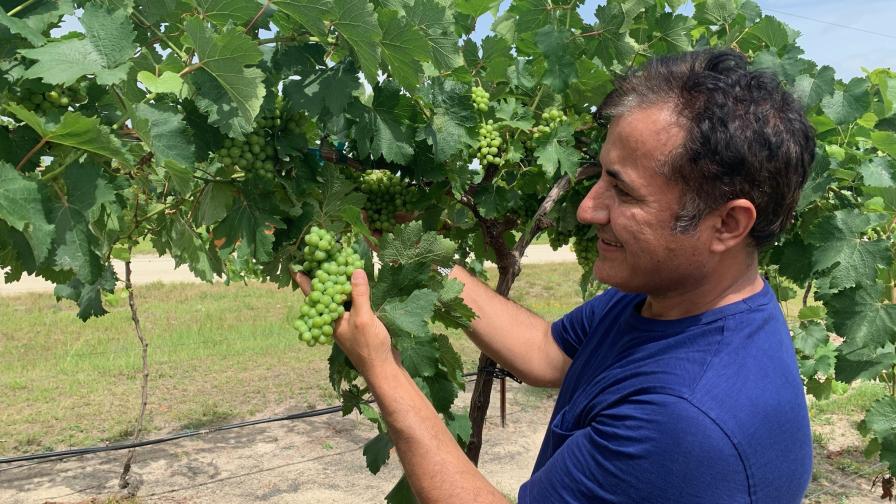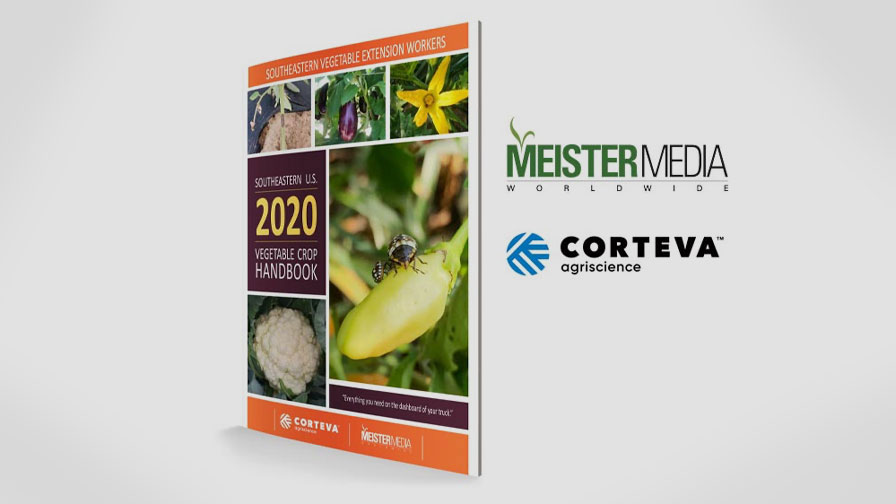Grape Expectations Thriving on the Vine for Growers in Florida
Like a fine wine, interest in commercial viticulture is maturing nicely in Florida. Did you know? There are about 40 wineries around in the Sunshine State. As of 2017 (the most recent year for which there’s data), local growers were producing more than 1,500 acres of muscadine grapes. That’s a 74% increase in 10 years.
To meet the increasing market for Florida-grown grapes, Ali Sarkhosh, a UF/IFAS Assistant Professor of horticultural sciences, is attempting to grow varieties bred by scientists at Florida A&M University, the University of Georgia, and the University of California, Davis.
Sarkhosh conducts his grape research at the UF/IFAS Plant Science Research and Education Unit (PSREU) in Citra.
“Florida’s mild winter climate and early spring season offer unique opportunities for early-season, fresh-market muscadines, a few weeks ahead of Georgia and North Carolina,” he says. “We are evaluating the performance of newly bred muscadine grapes — developed by the University of Georgia — to generate practical information on their productivity, berry quality, and suitability for the Florida production window.”

UF/IFAS Professor Ali Sarkhosh examines grapes in a North Central Florida research field.
Photo courtesy of Ali Sarkhosh, UF/IFAS
As with any crop, UF/IFAS scientists must protect against pathogens. Pierce’s disease presents the primary enemy for growing muscadine grapes in Florida, due mainly to the warm, humid climate.
In June 2021, Sarkhosh started a trial to evaluate the performance of UC-Davis cultivars to see if they tolerate Pierce’s disease pressure in Florida’s climate. Results remain incomplete on that trial.
“We also have a block of ‘Chenin blanc’ (a white wine grape variety) for our research on cultural production optimization,” he adds.
UF/IFAS is scheduled to host its fourth annual Grape Field Day on August 18 at the PSREU.









